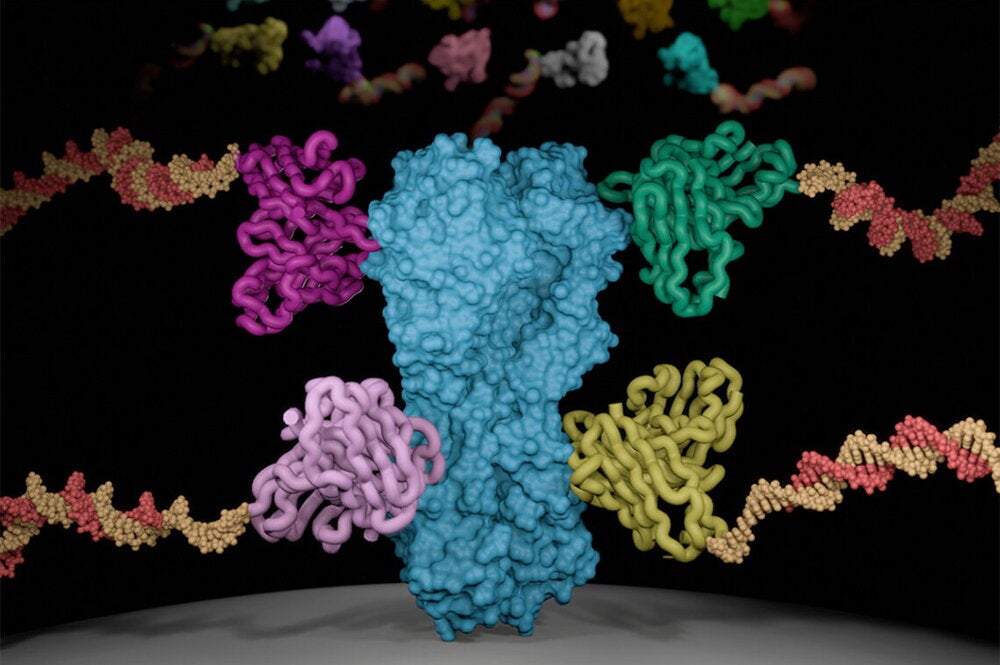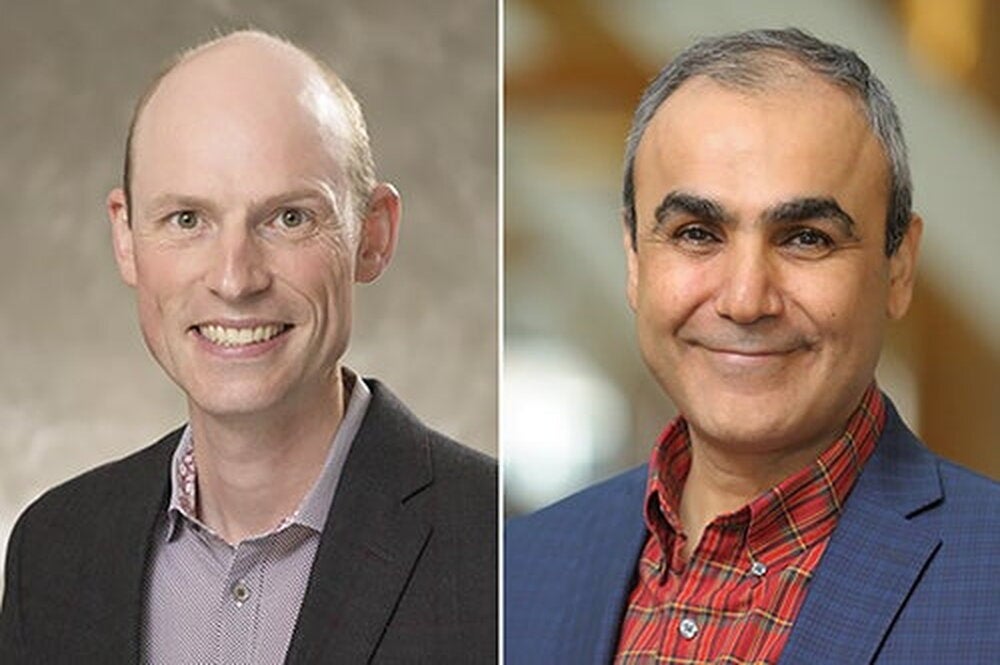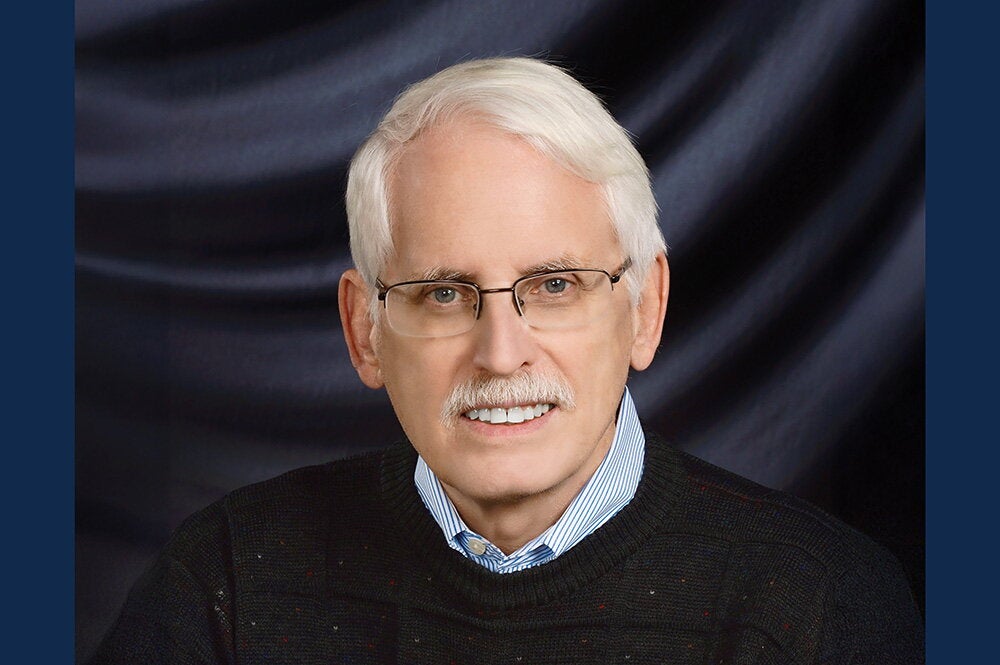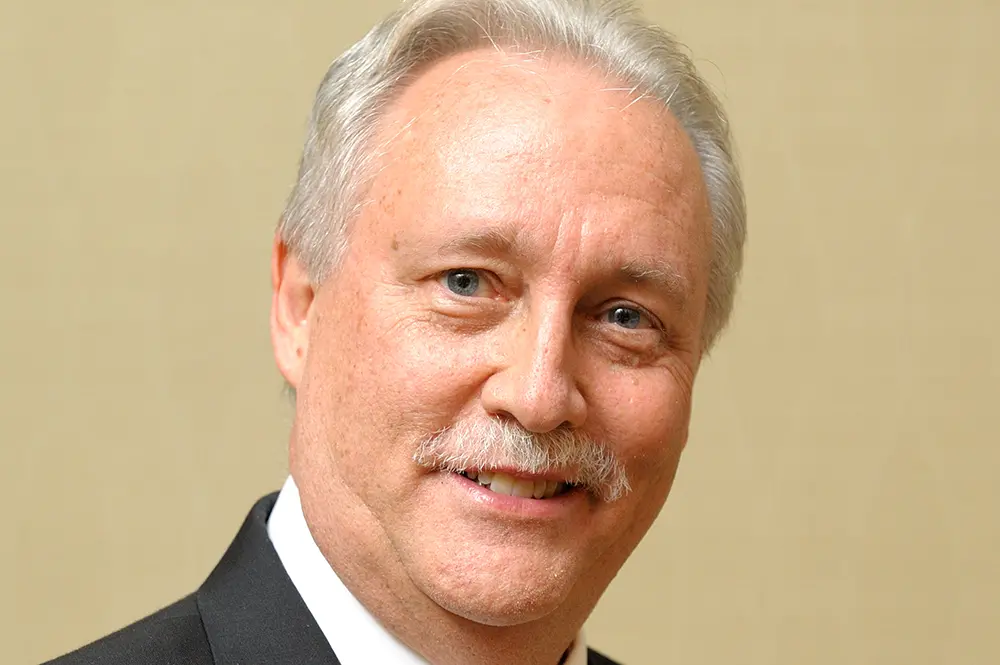
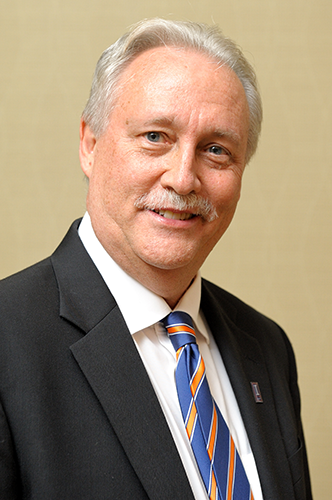
David Kranz, the Phillip A. Sharp Professor of Biochemistry at the University of Illinois, was one of 168 to be elected as a fellow of the National Academy of Inventors.
The program highlights academic inventors who have demonstrated a spirit of innovation in creating or facilitating outstanding inventions that have made a tangible impact on the quality of life, economic development, and the welfare of society. Kranz will be formally inducted at the ninth annual meeting of the National Academy of Inventors in Phoenix, Arizona, on April 10.
He has appointments with the Department of Biochemistry in the School of Molecular and Cellular Biology, is a member of the Carl R. Woese Institute for Genomic Biology, a member of the Carle Illinois College of Medicine, and is the deputy director of the Cancer Center at Illinois.
Kranz’s important scientific contributions include the identification and characterization of T-cell receptors; design of bispecific agents targeting T-cells to cancer; co-development of the protein-engineering platform termed yeast display, and engineering T-cell receptors for therapeutic uses in cancer.
“Congratulations to the 2019 class of NAI Fellows,” said Laura A. Peter, deputy under secretary of commerce for intellectual property and deputy director at the U.S. Patent and Trademark Office. “It is a privilege to welcome these exceptionally-qualified individuals to this prestigious organization. I am certain their accomplishments will inspire the next generation of invention pioneers.”
Kranz is an inventor on 20 U.S. patents and many foreign patents. He is a founder of two of the most successful start-up companies emerging from technologies at the University of Illinois, BioDisplay and ImmuVen, acquired by Abbott Laboratories and AbbVie (ImmuVen represented the largest acquisition in the biotechnology area at Illinois). These commercialization efforts include immunotherapies against cancer that are actively in development by AbbVie. He has published more than 200 peer-reviewed research and review articles, and his work has been funded continuously by the National Institutes of Health for 30 years and by various other federal and private organizations. Based on his academic success, Kranz was named the inaugural Phillip A. Sharp Professor of Biochemistry, a position endowed by Sharp, a distinguished alumnus of the university and Nobel Laureate.
For his exceptional and innovative research, he has received the Searle Scholar Award; Arnold Beckman Research Award; Arthritis Foundation Biomedical Science Award; James S. McDonnell Foundation Research Award; Illinois Biotechnology Industry Innovator Award; Technology Transfer Award; two Alumni Achievement Awards; fellowships from the Arthritis Foundation and Medical Foundation, and membership in various scientific societies.
Election to NAI Fellow is the highest professional distinction accorded solely to academic inventors. To date, NAI Fellows hold more than 41,500 issued U.S. patents, which have generated over 11,000 licensed technologies and companies, and created more than 36 million jobs. In addition, over $1.6 trillion in revenue has been generated based on NAI Fellow discoveries. The 2019 NAI class represents 136 research universities and governmental and non-profit research institutes worldwide and collectively holds over 3,500 issued U.S. patents.
Among the 2019 Fellows are six recipients of the U.S. National Medal of Technology & Innovation or U.S. National Medal of Science and four Nobel Laureates, as well as other honors and distinctions. Their collective body of research covers a range of scientific disciplines including neurobehavioral sciences, horticulture, photonics, and nanomedicine.
Illinois’ Stephen Boppart, a professor of electrical and computer engineering, was also elected to the 2019 list.
